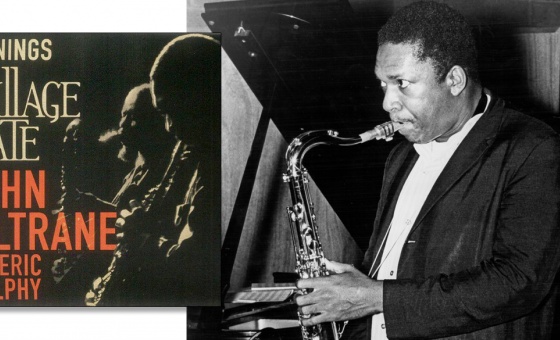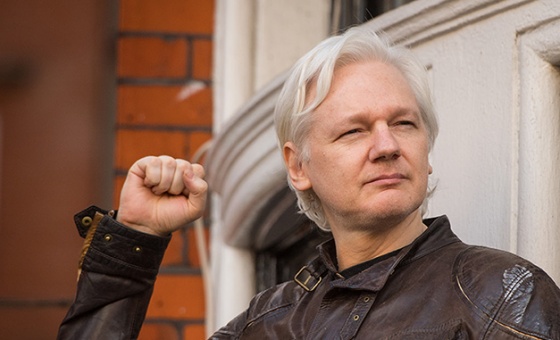This is the last article you can read this month
You can read more article this month
You can read more articles this month
Sorry your limit is up for this month
Reset on:
Please help support the Morning Star by subscribing here
THE far-right Israeli Prime Minister Benjamin Netanyahu dissolved the influential War Cabinet tasked with steering the war in Gaza, officials said today.
The move was widely expected following the departure of former army chief Benny Gantz earlier this month over disagreements on how Mr Netanyahu is prosecuting the war.
Mr Gantz’s absence from the government makes Mr Netanyahu more dependent on his extreme ultranationalist allies to govern and the dissolution of the War Cabinet underlines that shift as the eight-month-long war in Gaza drags on with no sign of a ceasefire.
The officials, who spoke on condition of anonymity, said that going forward Mr Netanyahu would hold smaller forums with some of his government members for sensitive issues surrounding the war.
That includes his security Cabinet, which includes extremist governing partners who have made clear their opposition to any ceasefire deals and have voiced support for reoccupying Gaza.
The War Cabinet was formed in the early days of the war, when Mr Gantz, then an opposition party leader and Mr Netanyahu’s longtime rival, joined the coalition in a show of unity following the October 7 Hamas attack on southern Israel.
The cabinet, made up of three members — Mr Gantz, Mr Netanyahu and Defence Minister Yoav Gallant — has periodically been at loggerheads with the coalition government.
The scrapping of the War Cabinet comes as Israel and Hamas weigh up the latest proposal for a ceasefire in exchange for the release of hostages taken by Hamas during its attack and prisoners held by Israel.
Mr Netanyahu is coming under international and domestic pressure to agree to a ceasefire deal that would lead to the release of the hostages.
But he is facing opposition to any deal from his coalition partners, chief amongst them Finance Minister Bezalel Smotrich and National Security Minister Itamar Ben-Gvir.
Both have threatened to topple the government should Israel move ahead on a United States-sponsored ceasefire deal without first completely destroying Hamas.
The deal has the backing of the United Nations security council.
Critics say Mr Netanyahu’s wartime decision-making has been overly influenced by the ultranationalists in his government and by his desire to remain in power rather than face a number of outstanding legal cases where he is accused of corruption.
Mr Netanyahu denies the accusations.










